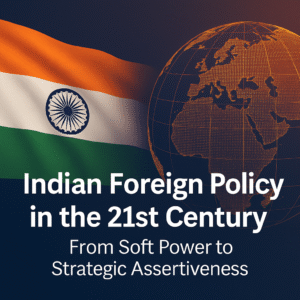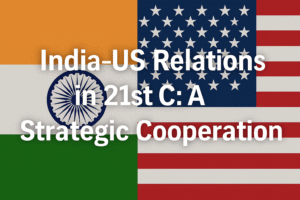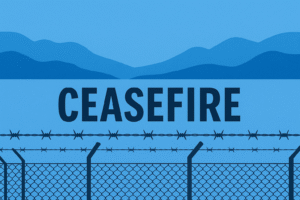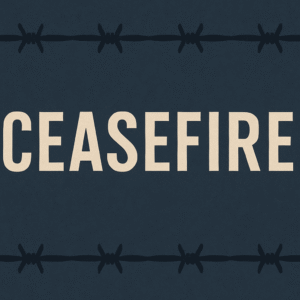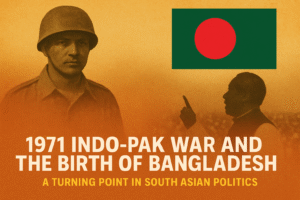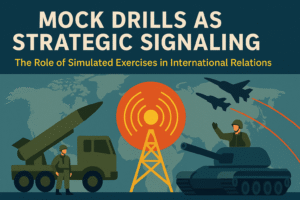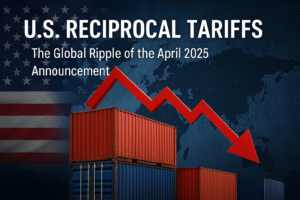India’s Foreign Policy in the 21st Century: From Soft Power to Strategic Assertiveness
India’s Foreign Policy Foreign policy is the framework through which a nation engages with the rest of the world. It reflects a country’s national interests, values, and objectives and dictates how it interacts with other countries and international institutions. Broadly, foreign policy encompasses diplomacy, economic engagement, defense cooperation, cultural exchanges, and strategic alliances. It is […]
India’s Foreign Policy in the 21st Century: From Soft Power to Strategic Assertiveness Read More »
